Philippa York analysis: Bubbling under – a look at what may happen next at the Tour de France
This is no Hinault 'v' LeMond: Froome and Thomas are friends
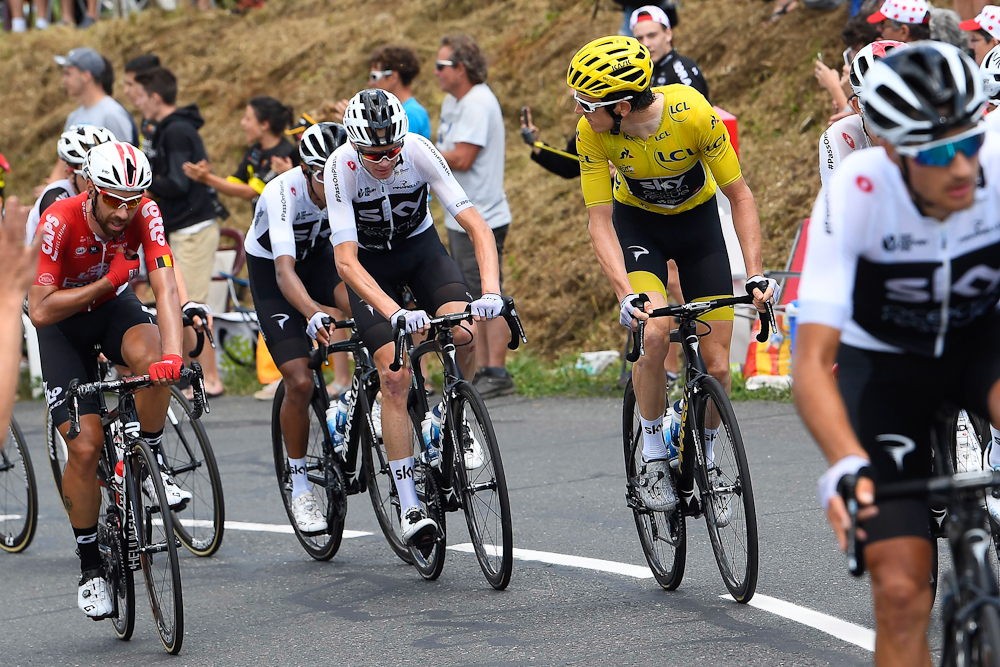
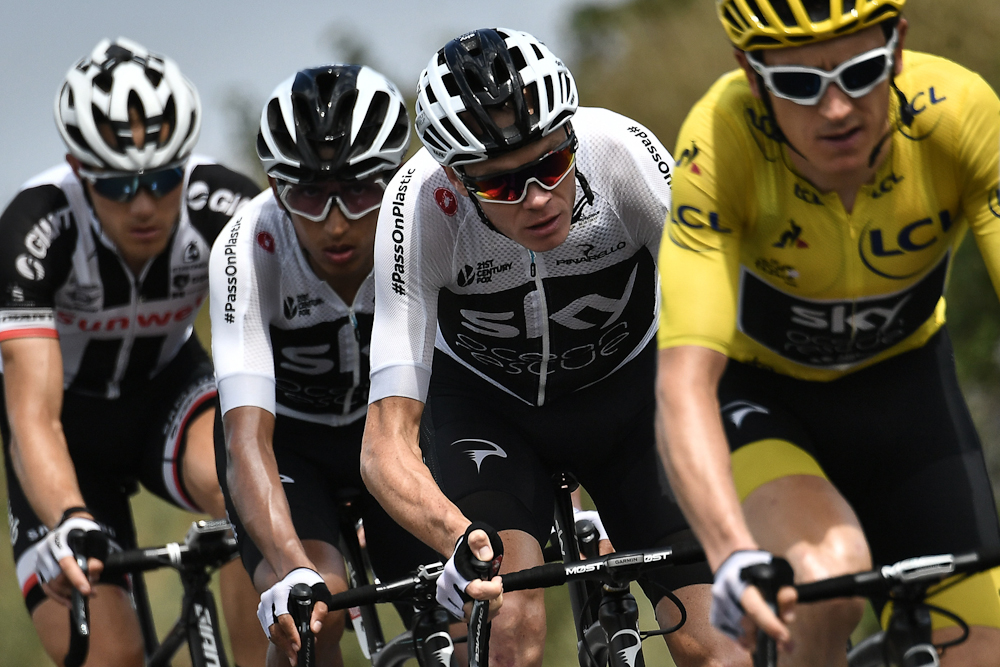
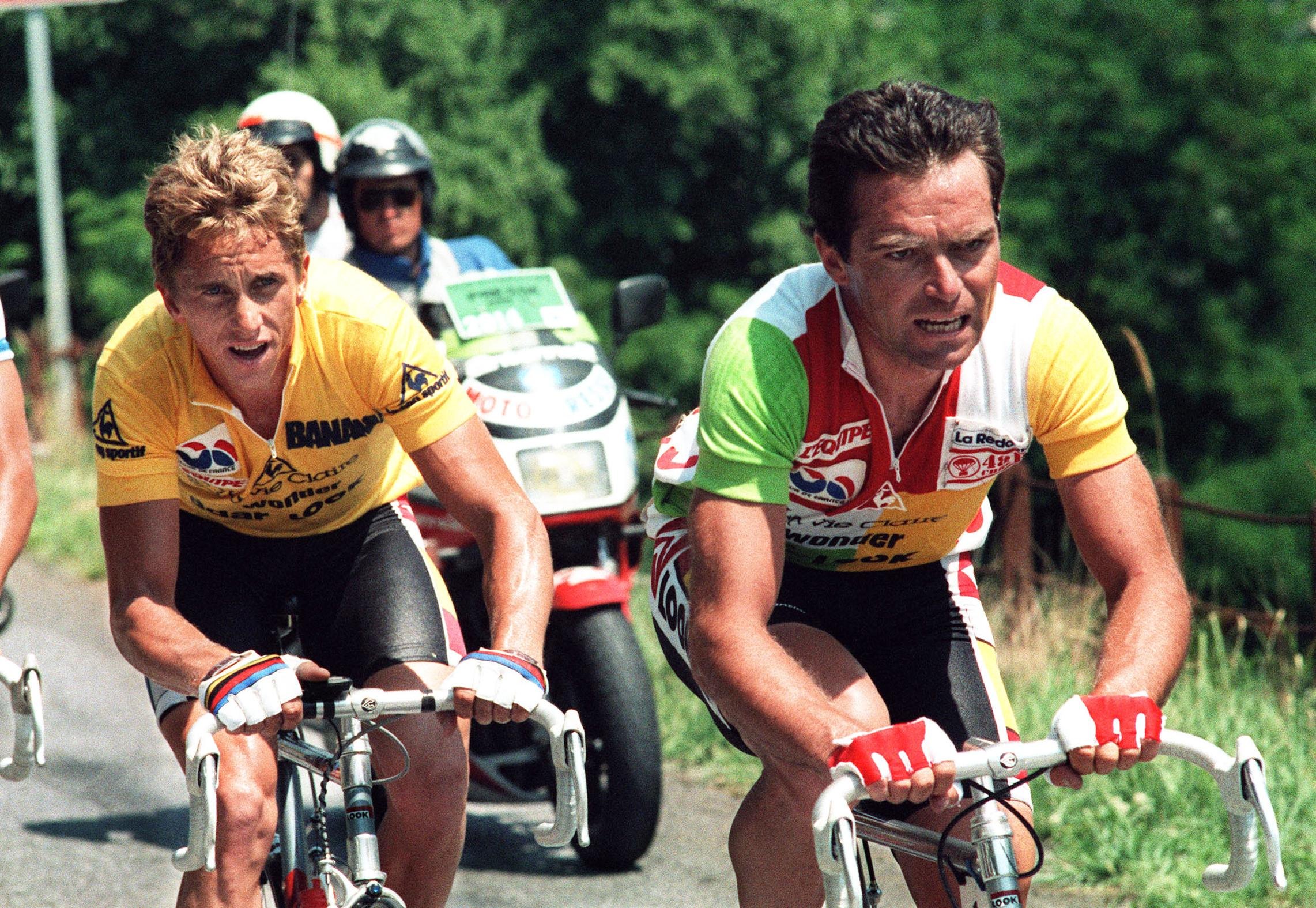
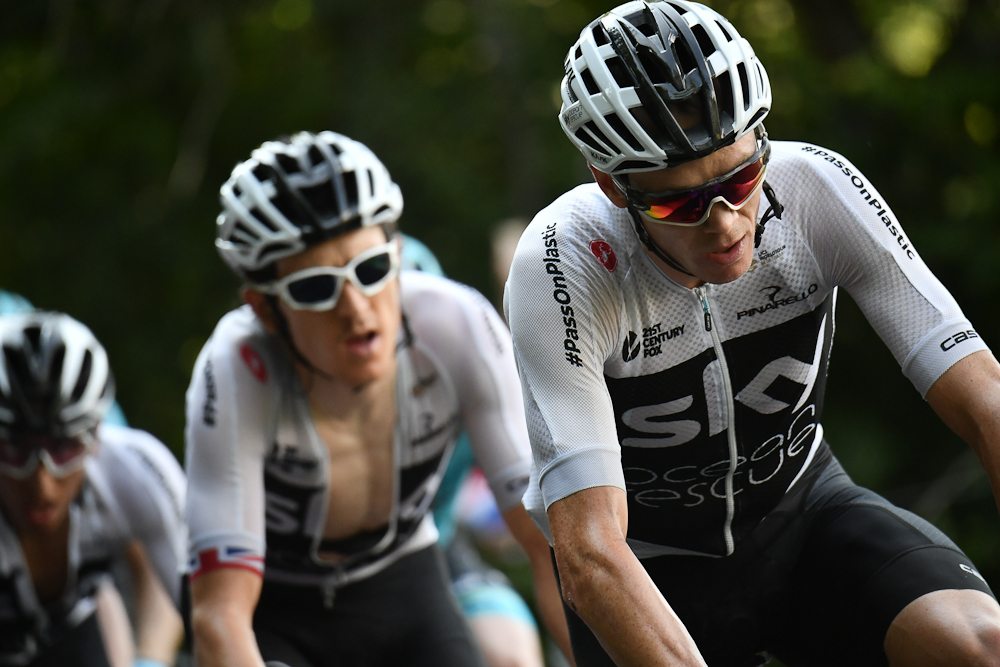
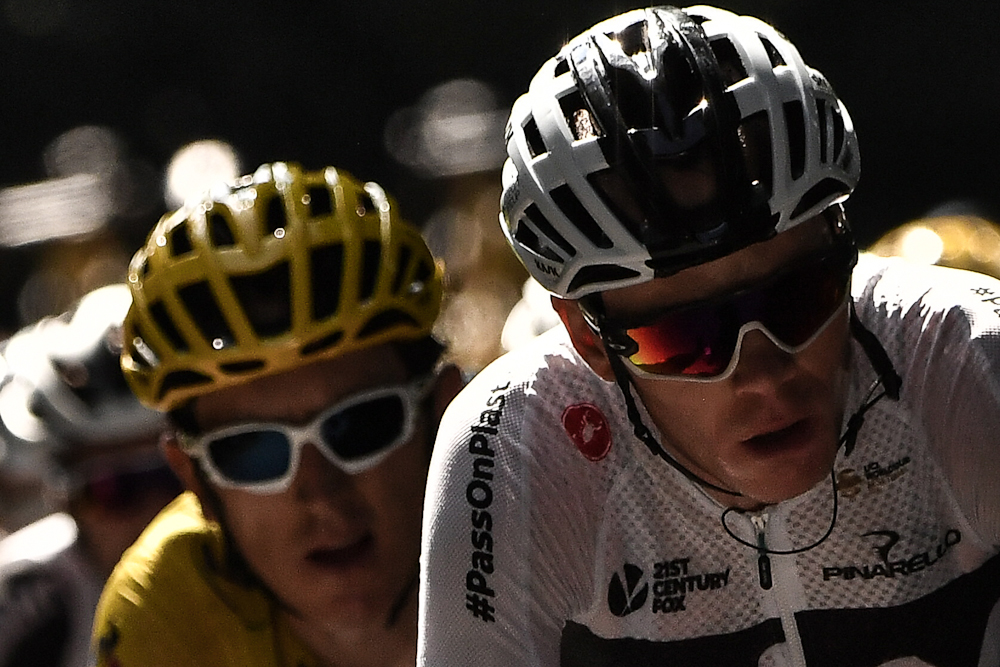
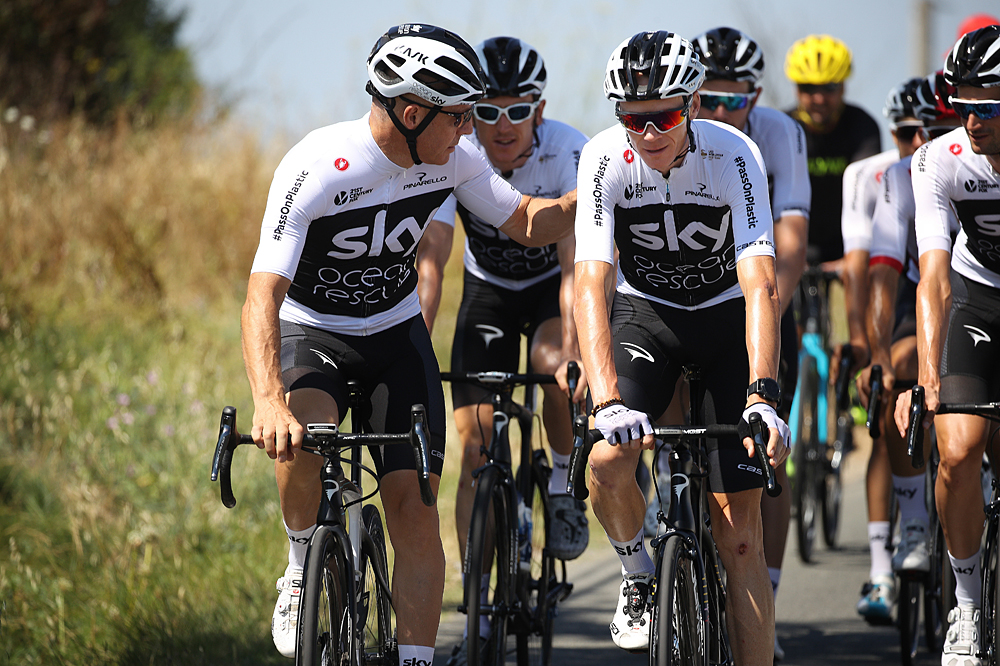
Having been in the privileged position of experiencing directly how Grand Tours are won and lost, I can't help thinking that this edition of the Tour de France isn't going to follow the previous pattern of what happens when it's two teammates up against each other for the overall victory.
This isn't Hinault versus LeMond or Roche against Visentini all over again, and that's mainly because they were stories of young against old, of youth versus experience. In the case of Geraint Thomas and Chris Froome this year, neither are up and coming, and, more importantly, they are actually friends.
That's the biggest thing that makes a team-splitting fallout unlikely, and the other just-as-important fact is that Team Sky principal Dave Brailsford is in charge of it all. If a decision is going to be made as to which of his two riders becomes the team leader, then he'll be the one making it.
Of course, if out on the road either of his riders falter or are caught out tactically, then deciding who wins is taken out of his hands, and he may well have decided already that it'll be the race that decides. But that's not something we are going to be party to.
However, there are a number of external factors that could influence the outcome, and in prime position is Tom Dumoulin, who has been the only one capable of matching the Sky duo so far. How they deal with the Sunweb star may well come down to how the Pyrenees affect him. Or maybe they won't affect him at all and it'll be the time trial on the penultimate stage that becomes the final challenge.
Time for others to attack
The more likely upset to the current status quo lies behind the first three on the GC, although with the loss of Bahrain-Merida's Vincenzo NIbali, the options there are limited to Romain Bardet (AG2R La Mondiale), Movistar's Mikel Landa, Dan Martin (UAE Team Emirates) and the LottoNL-Jumbo pairing of Primoz Roglic and Steven Kruiswijk.
Unless there's a miraculous step up in form for Nairo Quintana and an ambush from the Movistar collective, then the little Colombian probably won't be involved in any great shake-up. But then stranger things have happened.
Get The Leadout Newsletter
The latest race content, interviews, features, reviews and expert buying guides, direct to your inbox!
The most likely scenario now is that Froome will be following the attacks from people like Landa and Martin, thus trying to put Dumoulin under pressure. But that play relies on Thomas being comfortable with seeing the designated leader at Sky taking time back. So far, Thomas has jumped on every dangerous move, so unless he has a bad day, why change that?
Froome has to ride aggressively, as does Dumoulin, but Thomas has the advantage that he can be defensive and not expose himself to a counter-attack.
The bad day that the yellow jersey keeps talking about is more than likely to keep the pressure on himself to a minimum, but this isn't 2015 when he was doing work for the team. He's protected now, and has only used energy when he's needed to. I don't see a jours sans on the horizon, unless it's provoked by the circumstances of the race.
Getting personal
If any of the top three find themselves in a delicate position, either in the front or chasing to come back, then who they are with and how many allies might be available to help becomes an important factor. Then it's a matter of who is willing to ride, either for the stage win or, more likely, to help out someone they respect and like.
Make no mistake, this stuff counts when deciding whether to ride with someone or not. Sky don't seem to have many favours stored up for later use with the other teams, so any collaboration then becomes a personal decision, just as it has done in the past when guys like Hinault or Visentini ran out of friends due to previous behaviour on their part or their entourage.
There's an old saying: "You can't always win a race, but you can make others lose." The personality, character and popularity of Thomas, Froome and Dumoulin could well matter more than people realise.
The easiest thing for Team Sky will be if the race decides the outcome, but it may well come down to who out of Froome and Thomas has to ride for the other, and then that has the potential to be awkward.
What's most important to Sky, as a sponsor, is a Froome or a Thomas victory: a record-equalling fifth win for defending champion Chris Froome or a first victory, with much less baggage, for Geraint Thomas.
Sky probably don't care either way, and maybe the team management won't, or can't, decide. It could be a difficult moment if a decision does have to be made, though.
The disqualification of Gianni Moscon just adds to the suspense as now the resources available to Sky are going to be stretched further. Luke Rowe can't ride tempo on his own, so Jonathan Castroviejo or Michael Kwiatkowski will have to be used earlier, and that changes how the later parts of each stage will be controlled.
That means more opportunities for the other teams, which hopefully they'll exploit, in which case there'll be even more suspense.
The guys outside the top three may be the underdogs at the moment, but they're still going to have considerable input into how this Tour de France is going to end.

Philippa York is a long-standing Cyclingnews contributor, providing expert racing analysis. As one of the early British racers to take the plunge and relocate to France with the famed ACBB club in the 1980's, she was the inspiration for a generation of racing cyclists – and cycling fans – from the UK.
The Glaswegian gained a contract with Peugeot in 1980, making her Tour de France debut in 1983 and taking a solo win in Bagnères-de-Luchon in the Pyrenees, the mountain range which would prove a happy hunting ground throughout her Tour career.
The following year's race would prove to be one of her finest seasons, becoming the first rider from the UK to win the polka dot jersey at the Tour, whilst also becoming Britain's highest-ever placed GC finisher with 4th spot.
She finished runner-up at the Vuelta a España in 1985 and 1986, to Pedro Delgado and Álvaro Pino respectively, and at the Giro d'Italia in 1987. Stage race victories include the Volta a Catalunya (1985), Tour of Britain (1989) and Critérium du Dauphiné Libéré (1990). York retired from professional cycling as reigning British champion following the collapse of Le Groupement in 1995.
